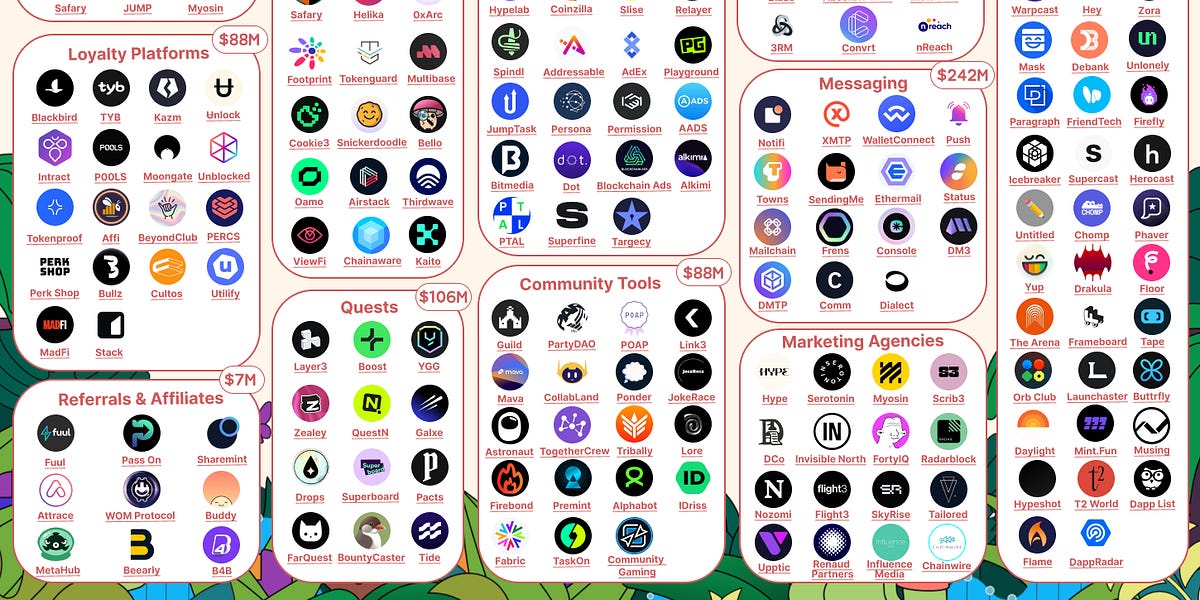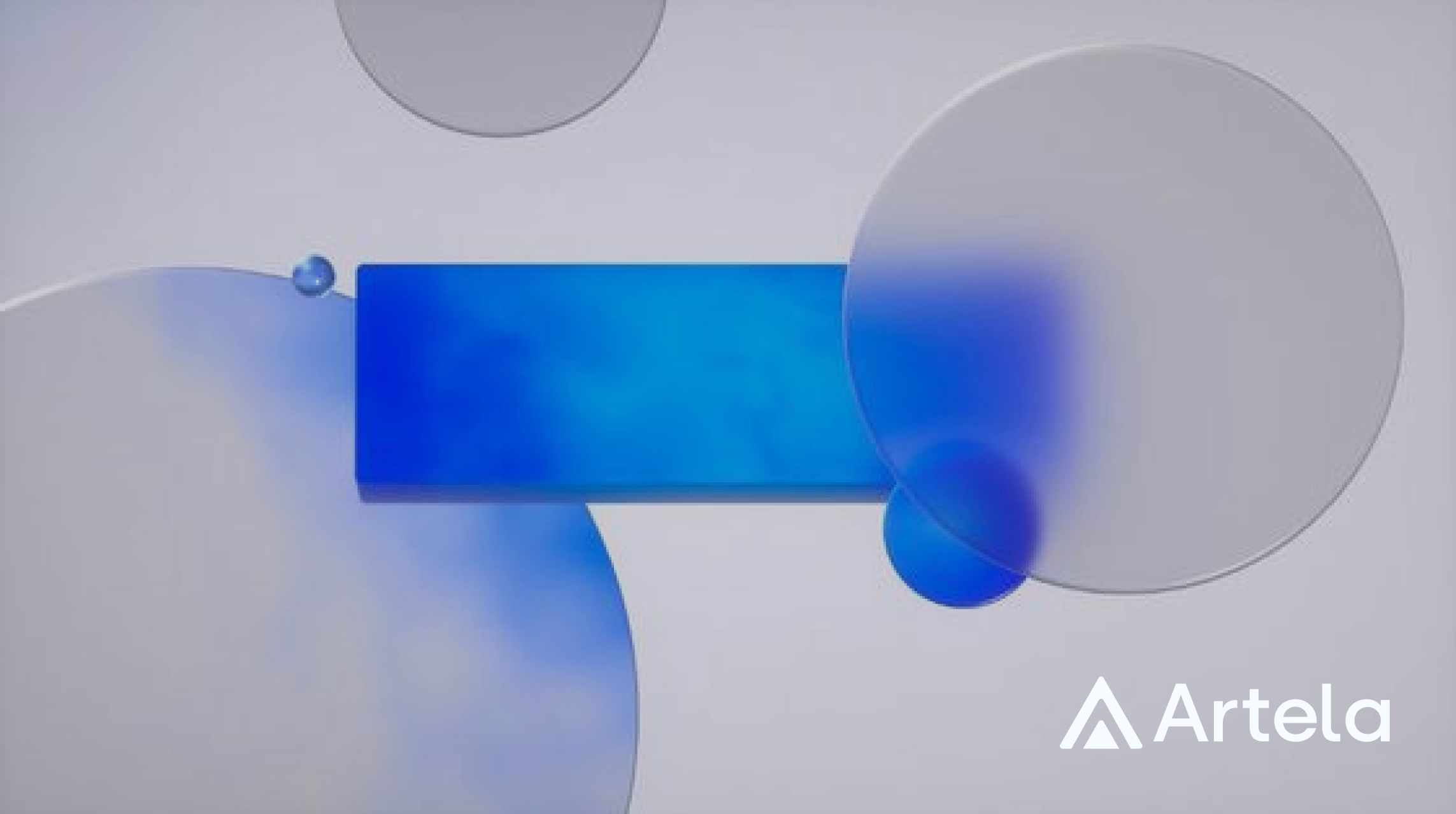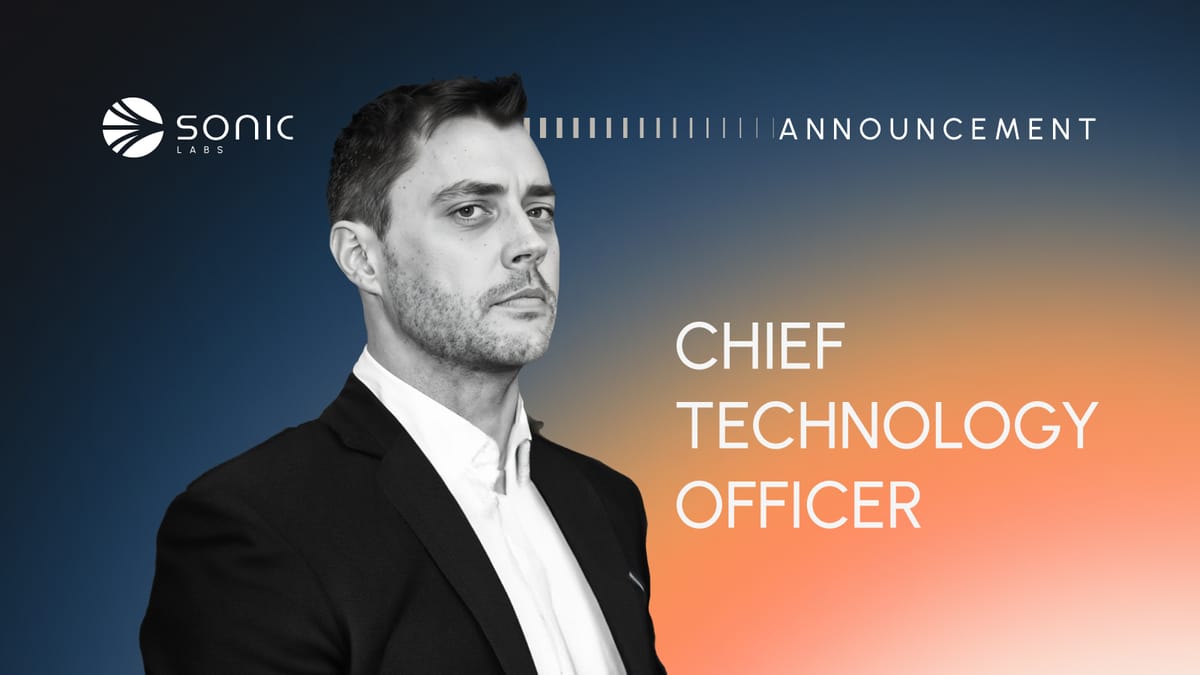Signum Newsletter 8
Weekly alpha for your weekend reads
In this edition of the newsletter, we explore the potential of tokenized GPU assets, offering investors the opportunity to participate in the rapidly growing compute market and diversify their portfolios with varied income streams.
Special thanks to YY, Melvin, Adna, Nikos, Keith and Ash for their help.
Please do enjoy reading

1. Research Articles
a) The State of Account Abstraction
• July 2024 has been an exceptional month for AA adoption with Base quickly surpassing Polygon's metrics and targeting unique users.
• Article also highlights Binance Labs' investment into Particle Network.
b) Zoomed-in on ZK Proofs
• Crypto is making a seismic shift to ZKPs, first to ZKP applications and now more specifically ZKP-enabled infrastructure such as rollups.
• The article explores zero-knowledge growth, adoption, network health, and competitive dynamics across the application and infra stacks.
c) A Short Introduction to DePin
• DePin is often used when talking about physical or “real-life” blockchain use cases. It is a decentralized system that incentivizes users to contribute to the network.
• Apart from adressing some of the inherent limitations found in traditional systems, DePin paves the way for more efficient, transparent, and participant-rewarding mechanisms across various sectors.
d) The State of Web3 Growth 2024
• Crypto companies need to understand their users, deeply engage them, and reach new ones.
• The article suggest that the following will occur in the 2 years: innovative incentives (user engagement will be boosted through referrals, quests, and loyalty systems), social messaging integration (crypto social apps to be the dominant messaging platforms) and bold crypto innovations (unconventional ideas that redefine crypto)
2. Portfolio Highlights
a) MyShell
• Binance Labs invests in MyShell through Binance Labs incubation Season 6
• MyShell is a decentralized AI ecosystem converging an AI model layer that allows everyone to build, share, and own AI Apps.
b) Pichi Finance
• Pichi Finance's governance token will TGE on August 19th, and it is designed to boost ecosystem and project growth.
• With regards to tokenomics, the total supply of the tokens is capped at 1B, with the initial circulating supply at 125.5M.
c) Artela Network
• Artela is offering a $5 Million Prize Pool for projects through their Artela Frontier Program.
• Apart from winning the prize pool, projects stand a chance to be featured in the incentivised testnet campaign, take part in infrastructure relationships and connect with relevant investors.
d) Sonic
•Sonic Labs is announces that Andre Cronje, director at Sonic Labs, has officially become their new chief technology officer (CTO).
• Andre will continue leading the design and development of Sonic, especially the new native bridge (Sonic Gateway) that will make it far safer and easier to move assets from other chains.
3. Tokenized GPUs
Introduction
The GPU market, valued at $477.37 billion, is experiencing exponential growth, projected to increase by 33.3% annually from 2022 to 2030. This surge is primarily driven by the escalating demand for AI chips, attracting both institutional and retail investors seeking exposure to AI technology.
NVIDIA, the market leader, shipped 550,000 H100 GPUs in 2023, generating approximately $27 billion in revenue. This figure skyrocketed to $60.9 billion in 2024, a 126% increase. Revenue from data center accelerators and cloud providers soared by 224% to around $45 billion in 2023.
As major tech companies invest heavily in AI chips, smaller businesses struggle to compete due to high barriers to entry, exemplified by CoreWeave's $2.3 billion debt raise. Tokenized compute assets, such as GPUs, offer a potential solution by providing liquidity, tradability, and direct investor access through tokenization.
The surging demand for AI chips among consumers, corporations, and governments underscores a transformative trend. ChatGPT rapidly acquired 100 million monthly active users, outpacing any previous consumer application. Generative AI adoption by organizations doubled in 2024 to 72%, while AI-related federal contracts surged by 1,200% from August 2022 to August 2023, reflecting increased use of RPA, AI, ML, and NLP.
This heightened demand has caused GPU prices to rise, protecting against depreciation and indicating a sustained trend as manufacturers struggle to meet supply. Tokenization offers retail investors direct exposure to AI chips through GPU fractionalization and tokenization, while also providing AI companies with a new capital-raising option using GPUs as collateral.
Crypto investors have shown significant interest in AI exposure, with the combined market cap of top AI-related crypto tokens doubling from $9.64 billion to $20.6 billion between February 16 and August 15, 2024. This attracted millions in venture capital and retail investment.
Market
The GPU market is projected to grow at a CAGR of 33.3% from 2022 to 2030, reaching $477.37 billion by 2030. Both institutional and retail investors seek direct AI chip exposure. Companies like CoreWeave and LambdaLabs have raised significant capital using GPUs as collateral, offering high-interest rates. NextGenCloud provides direct GPU investment for retail investors but requires substantial growth to maintain returns.
Tokenizing AI chips can provide deep, permissionless liquidity for GPU owners and operators through tokenization and NFTs, eliminating the need for high-interest investor payments.
Tokenized GPUs
Compute providers face challenges in capital expenditures and limited funding options. AI companies struggle to secure compute resources, exemplified by OpenAI's $100 million investment in GPT-4 training. Tokenized digital assets offer an alternative to traditional debt financing.
While indirect GPU access is available through publicly traded companies, direct access requires significant investment. Tokenization converts physical GPUs into digital assets, enabling fractional ownership, trading, and increased liquidity.
Tokenizing GPUs as NFTs combines fungibility and non-fungibility, facilitating ownership, market liquidity, and lower entry barriers. NFT holders can benefit from revenue sharing, staking rewards, and asset-backed collateral. GPU NFT yield is tied to underlying GPU utilization, with rental income distributed among NFT holders.
Use cases and conclusion
DeFi integrations can enhance asset utilization through new liquidity and collateral options. NFTs can be used as collateral in stablecoin transactions, lending/borrowing platforms, and other DeFi applications. They also have potential in perpetuals and derivatives enabling speculation on GPU yields and asset price volatility.
Tokenized GPUs are poised to revolutionize AI investments by democratizing access to advanced AI infrastructure. This new asset class enables direct exposure, drives compute derivatives, supports a decentralized compute market, and fosters new blockchain primitives and markets within DeFi. Liquid and tradable, tokenized GPUs offer investors a direct stake in the booming AI market, potentially reshaping industry engagement with this technology.










 326
326


